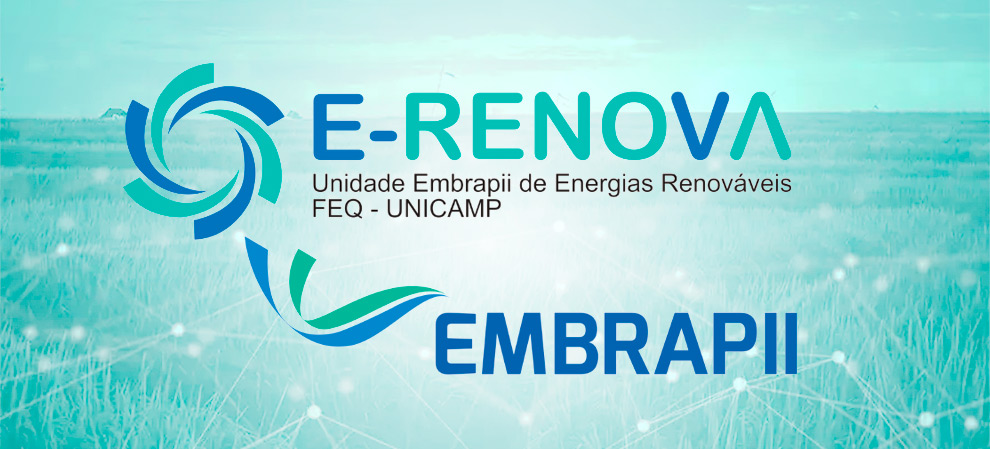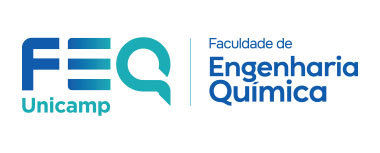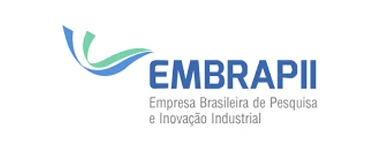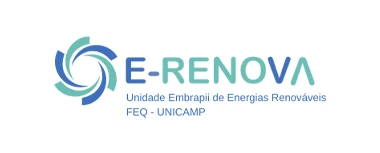The State University of Campinas (Unicamp) and the Brazilian Company for Industrial Research and Innovation (Embrapii) have inaugurated a new flagship unit focused on innovation in renewable energies in the country. The Embrapii E-Renova Unit is located at the School of Chemical Engineering (FEQ) on the Unicamp campus in Campinas and will have an initial investment of approximately R$ 4.8 million. The inauguration event was attended by Unicamp’s rector, Antonio José de Almeida Meirelles, representatives from Embrapii, partner companies, and received support from the Innovation Agency Inova Unicamp.
The E-Renova Unit is a center of expertise in renewable energies for the development of projects in partnership with companies in the industrial sector, encouraging knowledge transfer and the pursuit of technological solutions. The unit will conduct studies to create new products and processes for the industry using biomass processing, agroindustrial waste, and biofuels, especially those with high energy density, whose development potential in Brazil is substantial. The goal is to enhance Brazilian competitiveness with a focus on sustainability.
E-Renova is the second research unit accredited by Embrapii at Unicamp. The first one, already in operation at the Center for Medicinal Chemistry (CQMED), funded by FAPESP through the Program for Research Support in Partnership for Technological Innovation (PITE), focuses on the development of biopharmaceuticals and drugs. The research at E-Renova, in turn, will be directed towards new processes and products in renewable energies, such as the production of biofuels from agroindustrial residues – including those from sugarcane, corn, and forestry, generated by the pulp and paper industry – among others.
The unit will have a complex of facilities with 11,762 square meters of built-up area, with 6,000 square meters exclusively dedicated to research laboratories, including 15 different laboratories available for research development. In the course of the studies, the use of simulation tools for technical-economic evaluation, life cycle analysis, and process safety is also planned, allowing for an integrated view of the system, as well as computer-optimized and controlled operations. It is expected that all these methods will contribute to the development of new sustainable processes.
The initial research lines address the production of hydrogen from renewable sources; long-distance biofuels such as renewable diesel, biodiesel, bio-kerosene (jet fuel), fuel oils, and maritime fuels; and high-octane biofuels such as ethanol and biobutanol. They also include studies on the co-processing of renewables in petroleum refineries; thermochemical routes, such as biomass conversion into synthesis gas (gasification), bio-oil, and biochar (pyrolysis); and technical-economic and environmental impact analyses of production routes for fuels and renewable energies.
One of the objectives of the Embrapii E-Renova Unit is to strengthen existing university-industry partnerships at Unicamp and attract new industry partners, including startups. The new Embrapii research center has the potential to establish FEQ as a national hub for technological development in biofuels and renewable energies, presenting intelligent technology-based solutions following sustainability criteria.
The projects to be developed will have interfaces with companies in the sugarcane-corn-energy, industrial biotechnology, forestry, oil and gas, and renewable products and energy sectors. The project also includes goals such as generating intellectual property, training specialized human resources, and consolidating new research areas.







